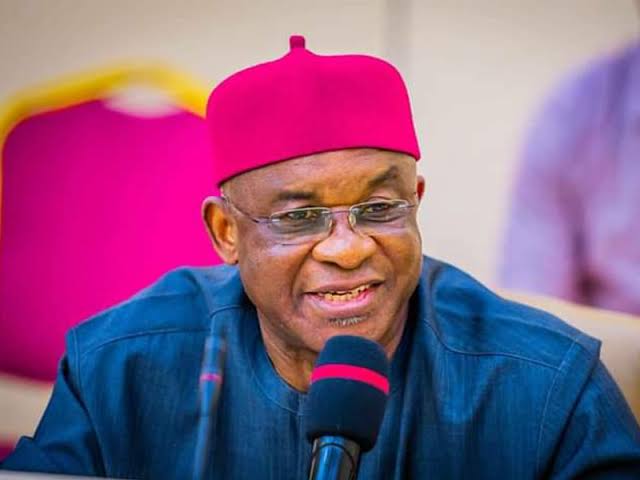News
Northern troubles are self-created – David Mark

The Interim National Chairman of the African Democratic Congress (ADC) and former Senate President, David Mark, has attributed the persistent challenges in Northern Nigeria—including insecurity, poverty, and economic instability—to actions and inactions from within the region itself.
Speaking on Saturday at the 3rd Expanded Meeting of the National Political Consultative Group (North), held at the Ladi Kwali Hall of the Abuja Continental Hotel, Mark delivered a paper titled “Unity and Social Cohesion as a Panacea to the Challenges Facing Northern Nigeria.”
The NPCG (North), last convened on May 26, seeks to promote unity among Northern political stakeholders with the aim of forming a strong and coordinated regional bloc, ideally under a single political party platform.
The gathering comes on the heels of the July 1 unveiling of the ADC as a fresh opposition movement geared toward unseating President Bola Tinubu in the 2027 elections.
In his keynote address, Mark made a firm call for introspection among Northern elites, warning that sustainable progress would remain elusive unless leaders took ownership of the region’s problems.
“It is both an honour and a privilege to stand before you today to speak on a matter that defines our present and may shape our future — the urgency and the efficacy of unity and social cohesion as the solution to the challenges facing our region,” he said.
He acknowledged the region’s vast resources and cultural wealth but lamented its current state of decline, citing long-standing issues such as violence, poverty, and lack of unity.
“We must first admit that we are the architects of our problems, we must stop the blame game if we truly and genuinely want to find a lasting solution,” he declared.
Mark also stressed that internal divisions and political apathy have contributed to the North’s stagnation, warning that real progress will only come through justice, equity, and mutual respect.
“If we are to overcome our present travails, we must return to the principles of justice, equity, mutual respect, and shared purpose that once made Northern Nigeria a beacon of hope, peace, unity and development,” he added.
Touching on the rising wave of violence, Mark reflected on how insecurity has devastated rural communities and impeded economic growth across the region.
“Over the last decade, banditry, terrorism, insurgency and communal clashes have turned our villages into battlegrounds, displacing millions and crippling our economy,” he said.
He noted that, despite abundant natural wealth, Northern Nigeria remains the most impoverished part of the country, plagued by illiteracy, unemployment, and decaying infrastructure.
“Mistrust between and among ethnic groups and religious communities has been exploited by selfish and desperate interests,” he said, noting how such rifts have prevented collective progress.
The former Senate President went on to outline a holistic approach to rebuilding the North, urging renewed focus on education, inclusion, and youth empowerment.
“We must invest in education that teaches our children the value of diversity. Let our schools, churches and mosques preach tolerance,” he said.
He also addressed the dangerous politicisation of identity during elections.
“Too often, as politicians, we exploit ethnic and religious differences in order to win elections, and thereafter, we leave our people hopelessly divided. The destructive weaponisation of ethnicity and religion we saw in the last election is unacceptable,” he stated.
According to Mark, only fairness in leadership, equitable access to opportunities, and investment in social development will heal the deep wounds in the region.
He argued that the North must stop waiting for external solutions, instead drawing from traditional structures like the old Native Authority system, which had once provided strong community policing and security.
“Northern Nigeria used to be the safest part of Nigeria. There were no armed robbery, kidnapping, cultism or fraudsters, but today the story in the North is different,” he lamented.
“Wherever conflicts arise, we must choose dialogue over inflammatory rhetoric, peace mediation over mutual annihilation, repentance and forgiveness over vengeance,” he urged.
In his closing remarks, Mark made a passionate appeal for unity and accountability across the region.
“The North is bleeding profusely, and we are the only ones who can heal it. Let us commit today to: Reject hate speech and divisive politics. Invest in unifying projects—education, healthcare and infrastructure. Hold each other accountable for our actions and inactions. Shake hands across the divide and restore our bond of brotherhood.”





















